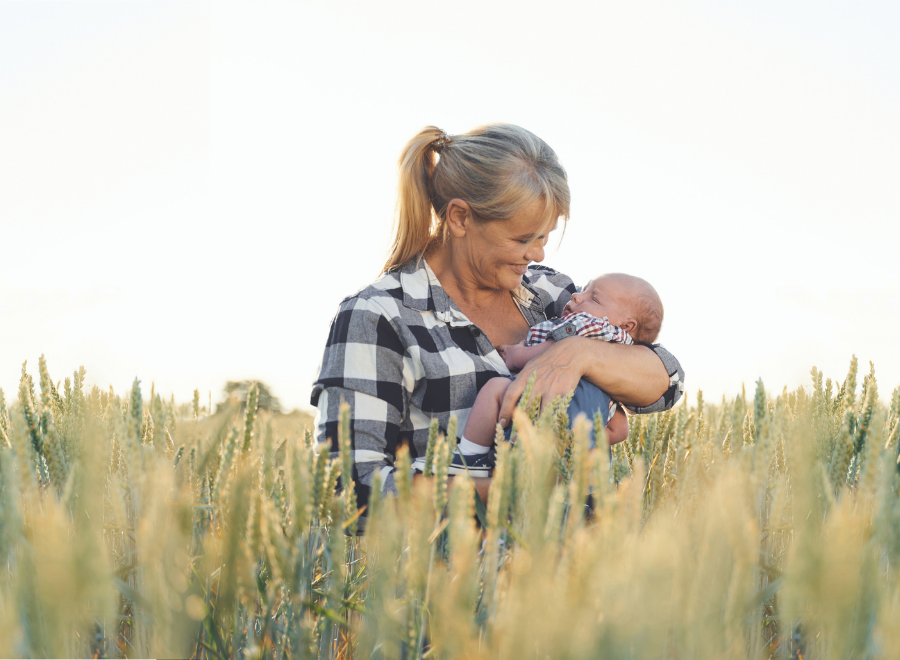Some old parents are so remarkable they make the news. There’s the woman in India who had a baby via egg donation and IVF at age 72; the 70-year-old Ugandan woman who had twins the same way; and the man in the United Kingdom who had triplets at age 53 (with help from an egg donor and surrogate) and is raising them solo.
While these sorts of cases are still unusual, the reality is that with the increasing availability of assisted reproduction techniques like egg donation, egg freezing and surrogacy, there is almost no limit to how old you can be when you become a parent. But is there a limit to how old you should be?
You may unsubscribe from any of our newsletters at any time.
It’s a tough question. In Canada, the average age of parents has been trending older for more than five decades. Many of us also know grandparents who have stepped in to raise their grandkids, or men who have fathered kids late in life and become attentive and doting dads. Not placing limits on people’s life choices seems like a good guiding principle.
Yet, when it comes to assisted reproduction and adoption, there are some restrictions. In Canada and many other countries, men over 40 are not allowed to donate sperm — at least not through a clinic or a bank. Women who act as surrogates usually have to be under 45 and are sometimes even required to have already had a child of their own. Adoption agencies often look at the retirement income and health status of older applicants, while some out-of-country agencies simply refuse to consider them at all.
More on Broadview:
But even if there ought to be some sort of limit when it comes to how old a parent can be, where do you draw the line?
Julianne Zweifel, a psychologist at the University of Wisconsin-Madison who works with people who have reproductive issues, believes the cut-off should be age 50 for both men and women. She argues that having kids when you’re older than that makes it too likely that you will die while your child still needs you.
Fifty might sound pretty young. But according to Statistics Canada data collected between 1991 and 2006, if you become a mother at age 55, there’s a good chance you’ll die before your child reaches 30. Fathers could be dead before the child is 25. Those statistics don’t account for the decline in health that often happens beforehand. On average, Canadians enjoy 71.3 years of healthy life, so a 55-year-old new parent can expect to get in only about 16 good years after the birth of their child.
A 2023 study by researchers at Ghent University in Belgium also found that being an older parent influences when and whether their children will go on to have kids. Some people born to older parents report struggling to raise kids on top of nursing ailing parents. Some delay having kids longer than they’d like, putting dating and education on hold to look after mom or dad. Others end up missing out on kids altogether.
“The reproductive autonomy of the parent generation begins to infringe on the reproductive autonomy of the child generation,” says Zweifel.
For those who’ve longed for a child and tried really hard to have one, it’s easy to see having a baby as getting to the finish line. But that’s just the starting point. The real event starts there, and guiding the child into adulthood is what being a parent is all about.
***
Alison Motluk is a Toronto freelance journalist. She publishes a weekly newsletter about assisted reproduction called HeyReprotech.














